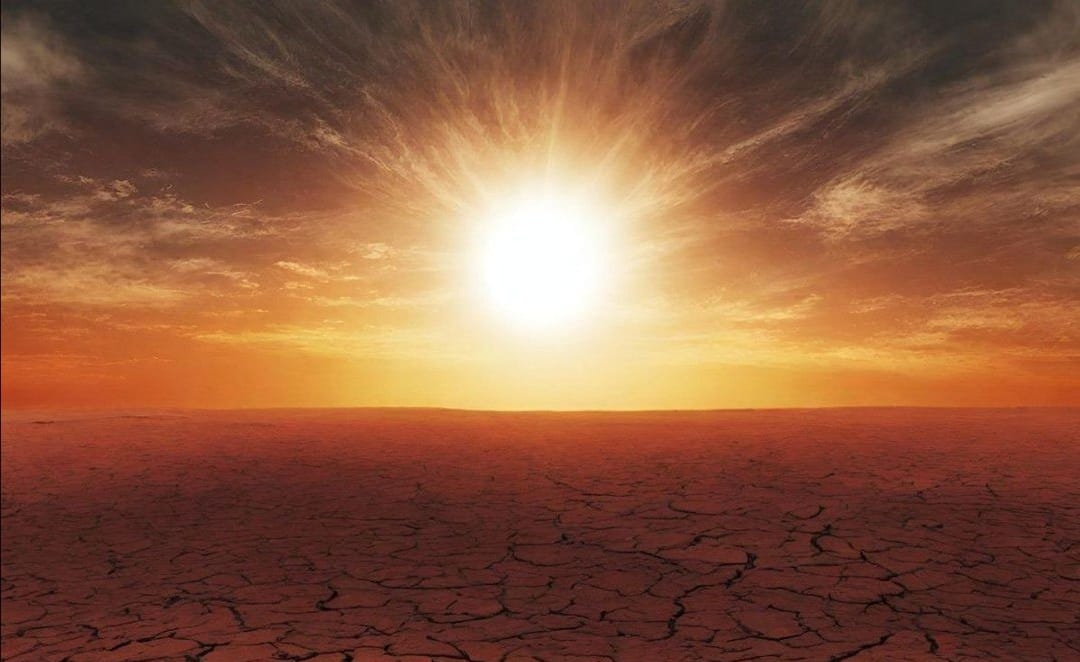
Climate change is not merely a future concern; it’s a present reality that demands urgent attention. As we witness unprecedented floods in unlikely places like Dubai and Kenya, it’s evident that the effects of climate change know no boundaries. However, it’s crucial to recognize that a significant portion of the damage to our planet is driven by a relatively small fraction of the global population. The top 100 companies alone are responsible for 70% of the environmental degradation we see today.
Moreover, the changing climate patterns, including shifts in temperature, rainfall, and frost-free days, are disrupting ecosystems worldwide. These alterations are leading to longer growing seasons in almost every state, which, on the surface, might seem beneficial. However, they also exacerbate the threat of wildfires and pose significant risks to farmlands, grasslands, and rangelands. Warmer temperatures and changing precipitation patterns further complicate matters by affecting the timing of plant blooming and the emergence of crucial pollinators.
Furthermore, it’s alarming to note that 80% of the world’s natural resources are consumed by just 20% of the global population. The United States, in particular, stands out as a significant contributor to this overconsumption trend. With its high consumption of calories, excessive greenhouse gas emissions, and disproportionate waste production, the U.S. sets a troubling example for the rest of the world. This overconsumption not only depletes natural resources like forests, fish, soil, minerals, and water but also disrupts ecosystems, ruins habitats, and endangers countless species.
The disparities in carbon emissions are particularly striking. While the richest 1% of the global population emits a staggering 16% of the world’s total carbon emissions, their excessive carbon footprint comes at a deadly cost. In 2019 alone, their carbon emissions were responsible for causing an estimated 1.3 million excess deaths due to heat-related illnesses. These statistics underscore the urgent need for systemic change on a global scale.
Addressing climate change requires more than individual actions; it demands a collective effort to challenge the status quo and reshape our relationship with the environment. Governments must enact bold policies to reduce carbon emissions, transition to renewable energy sources, and promote sustainable practices across all sectors of society. Businesses must prioritize sustainability and innovation, moving away from short-term profits toward long-term environmental stewardship.
Education and awareness are also essential components of the solution. By empowering communities with knowledge about the impacts of climate change and the importance of conservation, we can foster a culture of environmental responsibility that transcends borders and generations. Every individual has a role to play, whether it’s reducing personal carbon footprint, supporting eco-friendly businesses, or advocating for policy changes at the local and national levels.
In conclusion, climate change is a global challenge that requires a united response. By acknowledging the disproportionate impact of a few on the planet and committing to collective action, we can create a more sustainable and equitable future for all. The time for complacency is over; the time for action is now. Let us come together to combat climate change and safeguard the only home we have – planet Earth.



